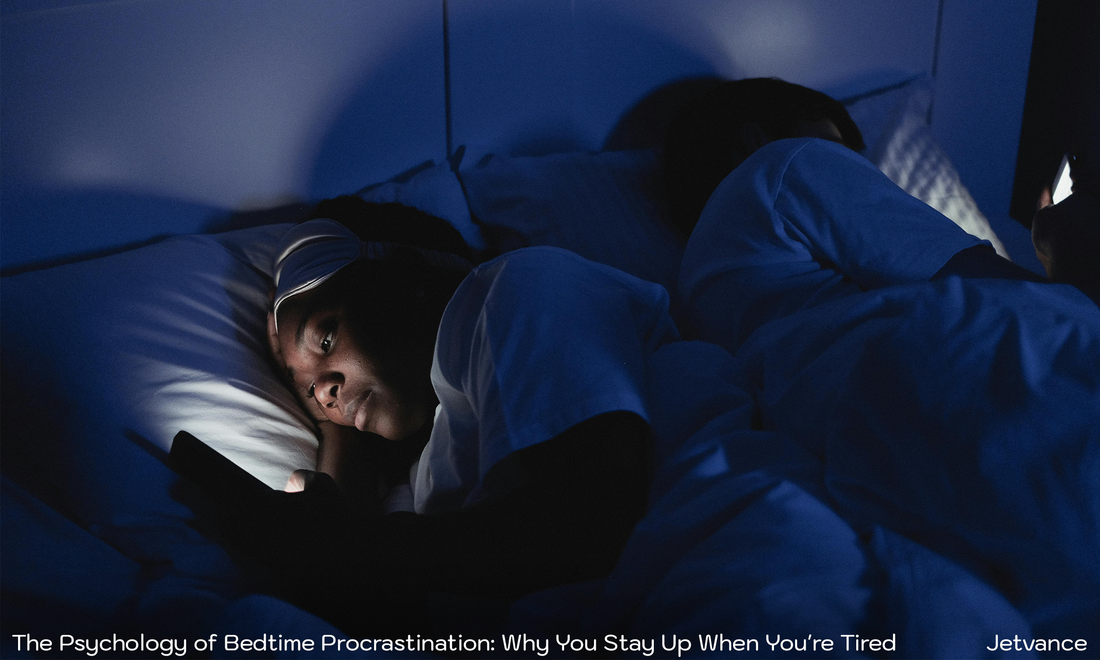
The Psychology of Bedtime Procrastination: Why You Stay Up When You're Tired
Share
Many adults struggle to go to bed even when they feel exhausted. It’s not just poor discipline, this behavior is now recognized by psychologists as “revenge bedtime procrastination.” It often appears in individuals with high-pressure daytime schedules or little personal freedom, such as working parents or students. The late-night hours become a form of reclaiming autonomy, even if it cuts into essential rest.
Ironically, this behavior tends to make people more irritable and unfocused the next day, which then continues the cycle. Researchers recommend using cognitive behavioral strategies, such as a wind-down timer that triggers non-digital nighttime routines, to replace the urge to scroll or binge-watch with something more calming.
Establishing psychological closure to the day can help, too writing down tomorrow’s to-do list or engaging in a consistent pre-bed habit like reading. Recognizing bedtime procrastination as an emotional habit not just a sleep issue, helps individuals address the real problem: a lack of balance between productivity and self-care.
